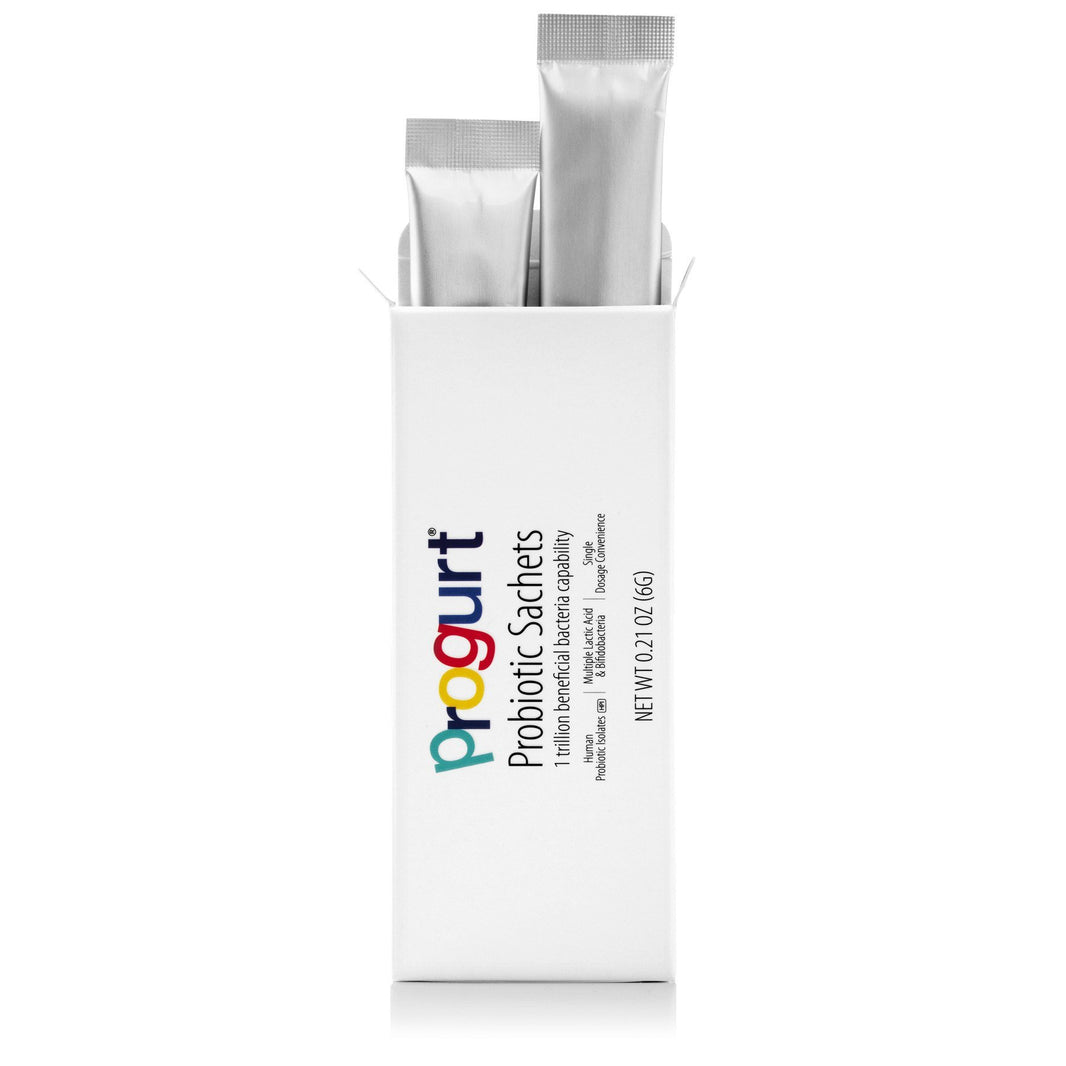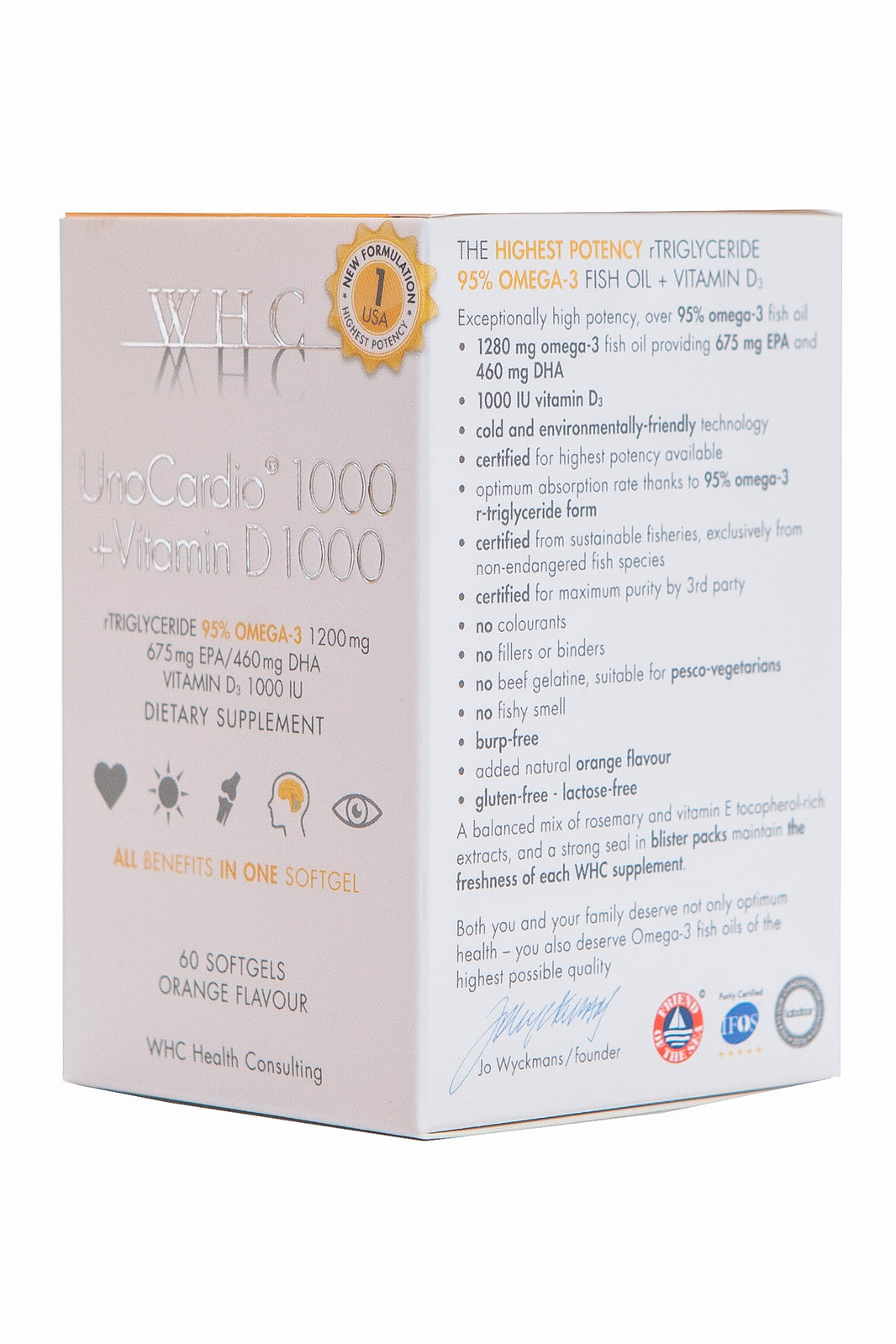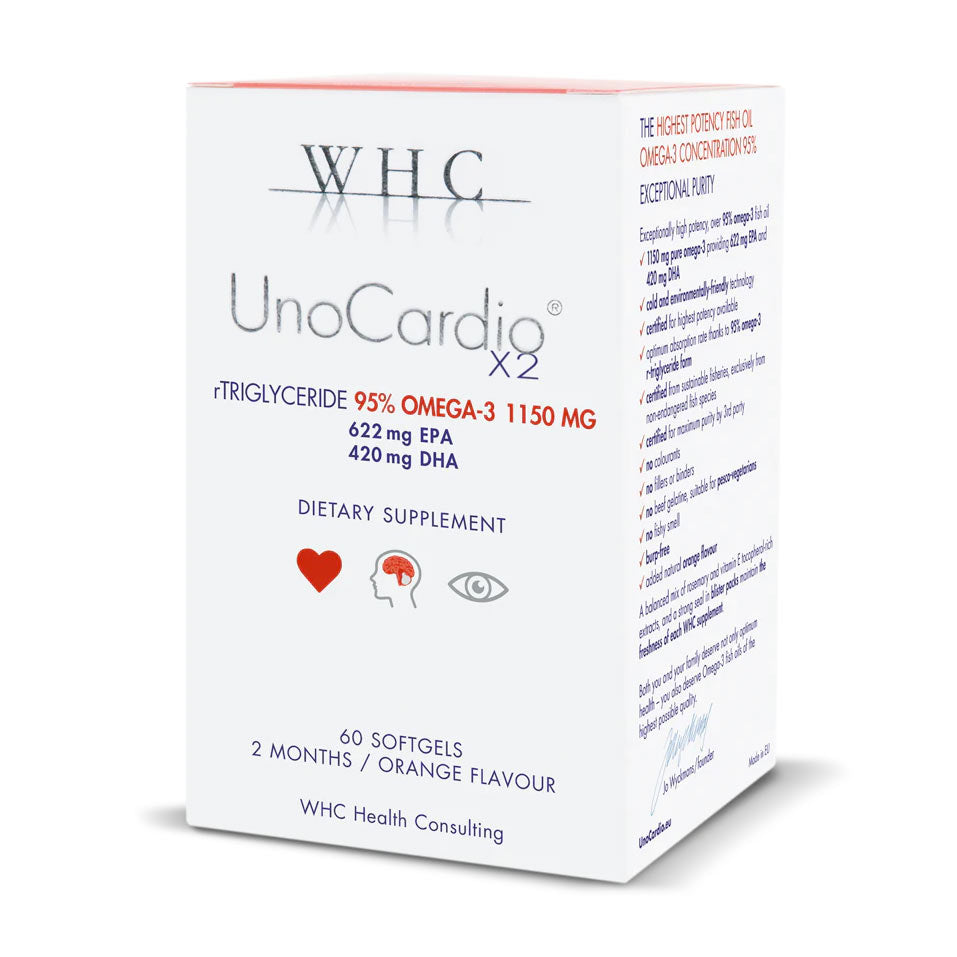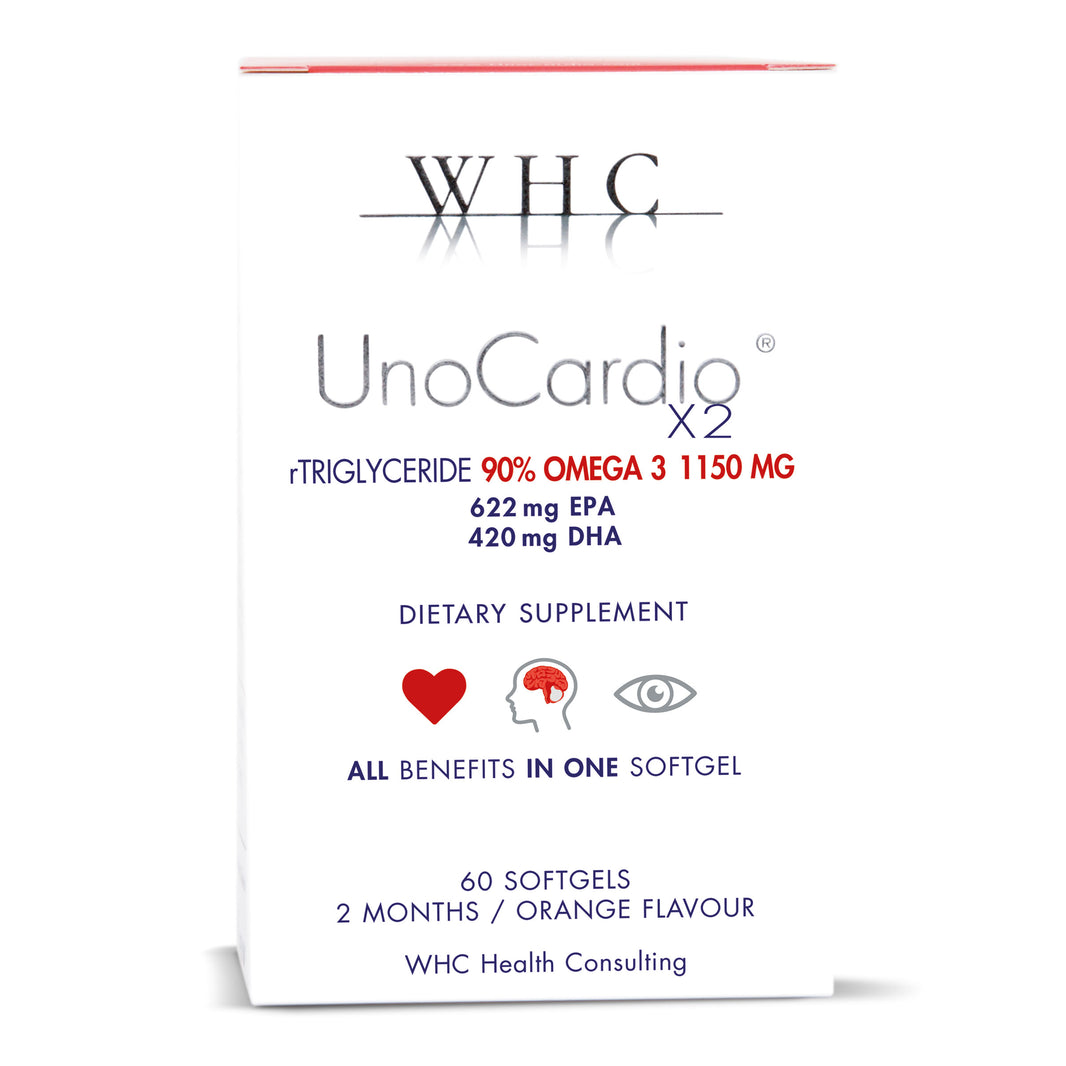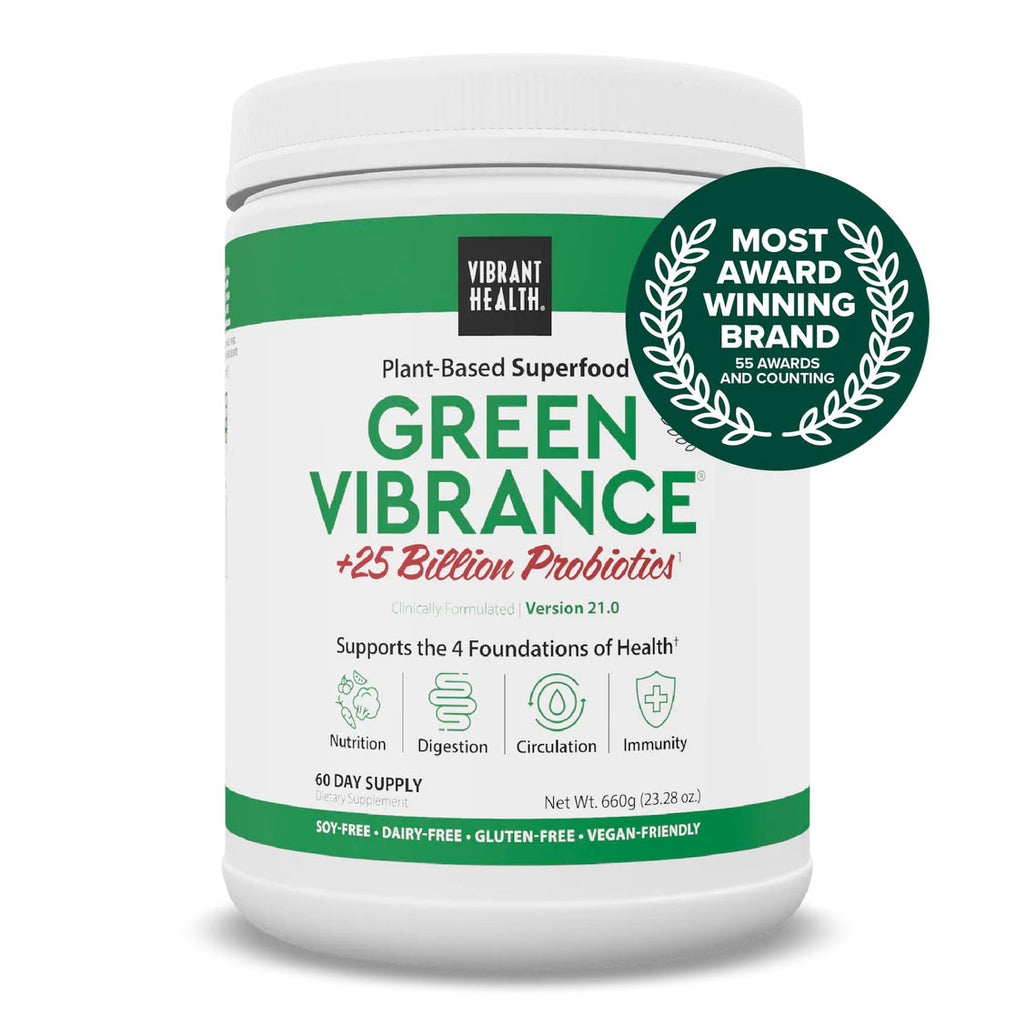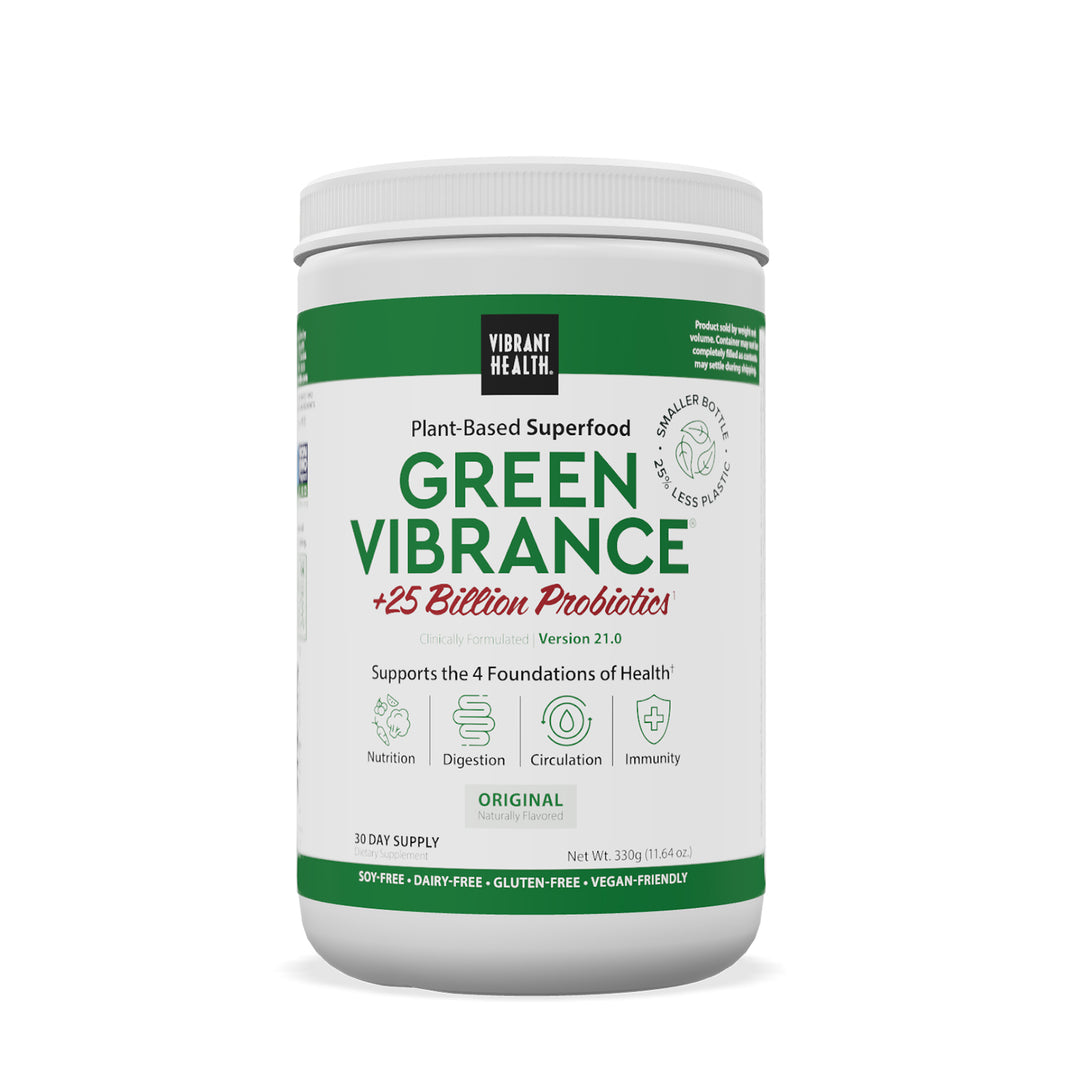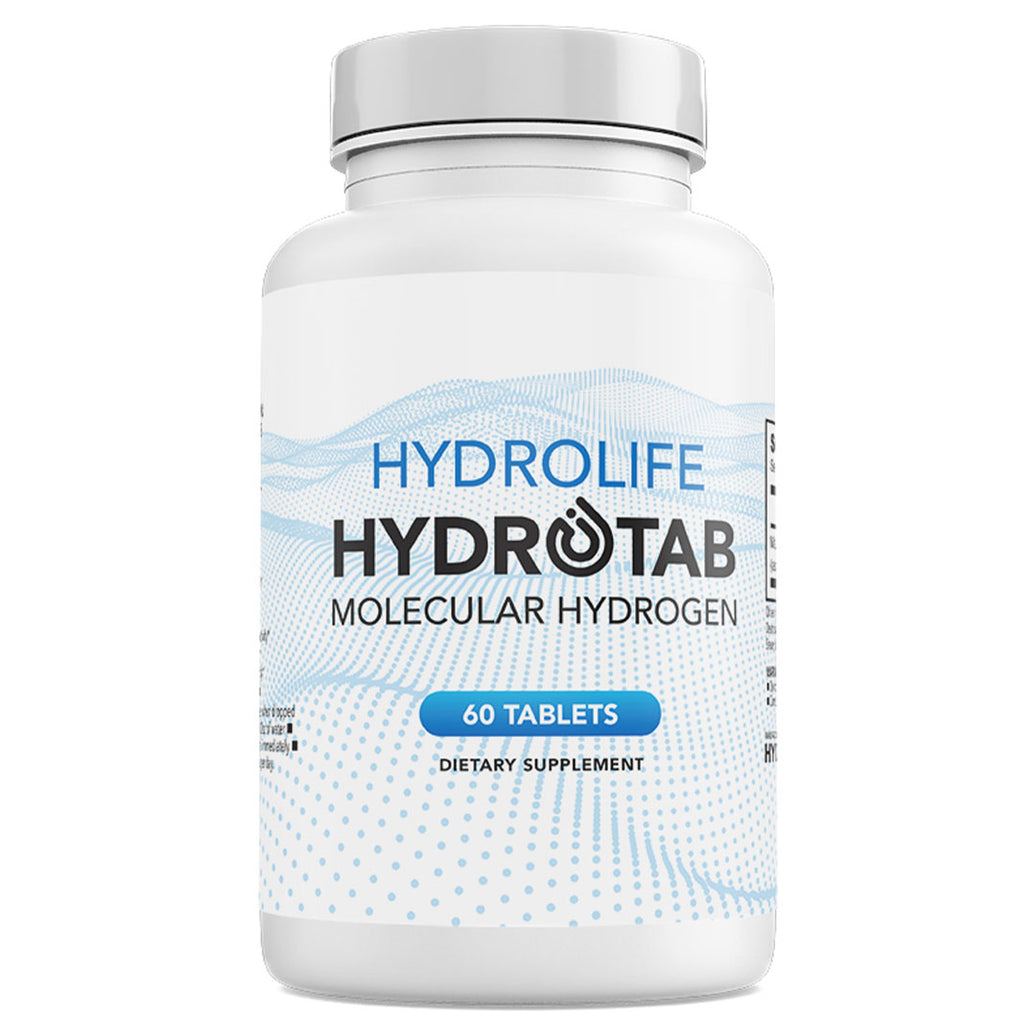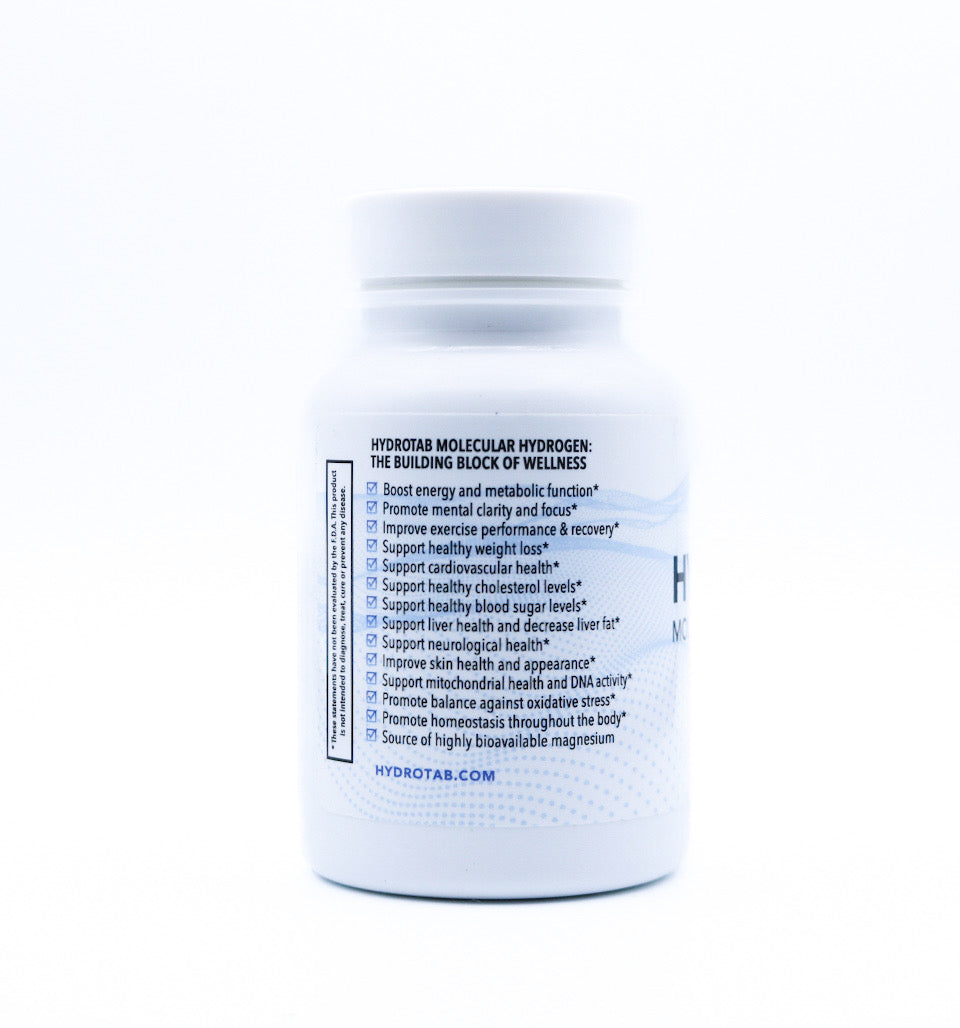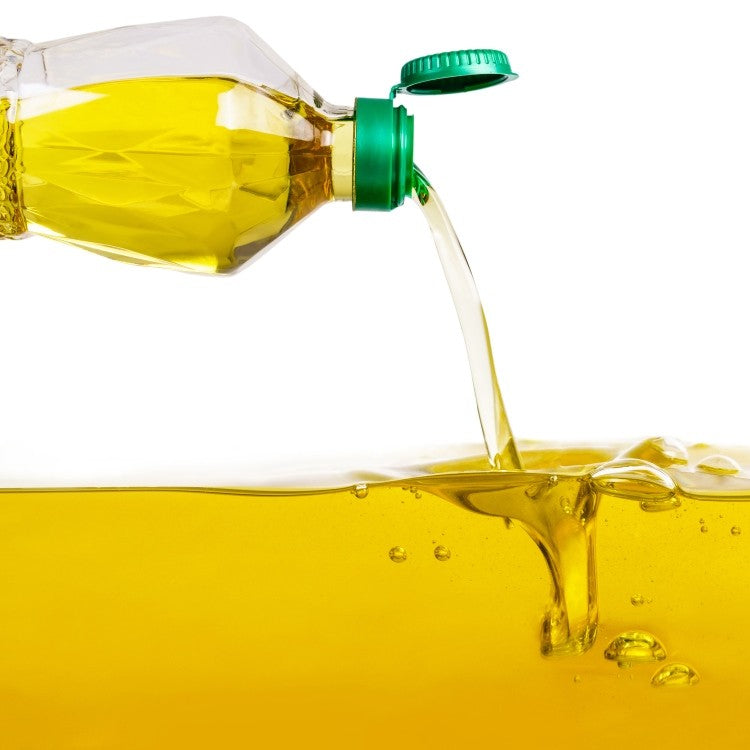In the modern dietary landscape, fats have become the subject of conflicting advice and trends. From the vilification of saturated fats to the celebration of 'heart-healthy' vegetable oils, the health-conscious individual finds themselves in a mire of misinformation. However, there is a category of oils that has stealthily infiltrated our food supply, creating a silent health epidemic—the industrial seed oils.
The Great Fat Deception
For decades, the denomination of saturated fats led consumers to seek 'healthier' alternatives, such as those labelled as "vegetable oils." These oils, often derived from seeds like soybeans, corn, rapeseed, and sunflower, have been heavily marketed as being good for the heart due to their high content of 'good' fats, namely polyunsaturated fats (PUFAs), particularly omega-6 fatty acids.
The narrative goes that PUFAs lower cholesterol levels and, as a result, reduce the risk of heart disease. But as we dig deeper, a more complex and insidious picture comes into focus. High consumption of omega-6 fatty acids, as found in abundance in industrial seed oils, has been linked to inflammatory diseases, including cardiovascular ailments.
The Omega-6 Paradox
Omega-6 fatty acids are not inherently bad—they are, after all, essential fats that our body can't produce. However, the ratio of omega-6 to omega-3, another essential fatty acid, is crucial. The traditional diet high in fish, nuts, and seeds maintains a balanced ratio. In contrast, the modern Western diet is laden with omega-6-rich seed oils, skewing this balance significantly.
Research now suggests that this imbalance contributes to the development of chronic inflammatory diseases. One study (1) reported an increased risk of chronic inflammatory diseases in relation to omega-6 intake, particularly from industrial seed oils. This can be traced back to the very nature of omega-6 fatty acids—while in moderation they are necessary for health, in excess, they promote inflammatory pathways that can lead to various health issues.
The Cholesterol Conundrum
The association between cholesterol and heart disease has been a central tenet of dietary guidelines for years. However, recent scientific evidence challenges this long-held belief. A meta-analysis of prospective observational studies found that low LDL cholesterol levels are associated with a higher risk of hemorrhagic stroke. This insight indicates that a more nuanced understanding of cholesterol's role in health is necessary.
Another study (2) highlighted the intricate relationship between omega-6 fatty acids and cholesterol synthesis. The findings suggest that PUFAs up-regulate enzymes that lead to increased cholesterol synthesis, potentially negating their supposed "cholesterol-lowering" benefits.
A Tale of Two Fats
The focus on the health benefits of PUFAs tends to overshadow the importance of omega-3 fatty acids. Unlike their omega-6 counterparts, omega-3s are celebrated for their anti-inflammatory properties, which are essential for maintaining overall health. Displacement of omega-3s by excessive omega-6 consumption further exacerbates the inflammatory response, contributing to the growing prevalence of chronic diseases.
In parallel, the oxidation of highly unsaturated vegetable oils during cooking further compounds the issue. Oxidised PUFAs can create cellular and DNA damage, accelerating the aging process and increasing cancer risks.
The Inflammation Connection

Inflammation is the body's natural response to injury or infection, but when it becomes chronic, it can lead to a host of maladies. A diet high in omega-6 fatty acids promotes the synthesis of pro-inflammatory molecules within the body, leading to a chronic low-grade inflammatory state. This prolonged inflammation has been associated with the development of conditions such as diabetes, obesity, and heart disease.
Emerging evidence also points to the role of seed oils in gut health. A study (3) found that high omega-6 and low omega-3 PUFAs worsen gut permeability, leading to the translocation of bacteria and endotoxins, further fuelling the inflammatory response.
An Evolutionary Perspective
Taking an evolutionary lens offers profound insights into the stark contrast between the ancestral human diet and the one we consume today. The foods available to our Palaeolithic ancestors were vastly different, with a diet predominantly higher in omega-3 fatty acids and lower in omega-6 grains and legumes. The radical shift in the omega-6 to omega-3 ratio, particularly with the advent of industrial seed oils, is a relatively recent phenomenon that the human body has yet to fully adapt to.
The Culinary Culprits
Industrial seed oils—such as canola, soybean, corn, and sunflower oil—have permeated our kitchens, restaurants, and processed foods. Their high smoke points and mild flavour make them ideal for various cooking methods, from stir-frying to deep-frying and baking.
However, the inadvertent consumption of these oils through restaurant meals and commercially prepared foods skews the overall dietary fat profile, often without the consumer's knowledge. The substitution of traditional cooking fats like butter, lard, and coconut oil with industrial seed oils has ramifications for both culinary enjoyment and health.
The Margarine Misconception

Margarine, a once-renowned alternative to butter, perfectly encapsulates the misconceptions surrounding industrial seed oils. Originally marketed as a healthier, cholesterol-free margarine, its hydrogenated vegetable oil base gave rise to trans fats, which are now universally condemned for their deleterious effects on health.
The Baking Blunder
Even baked goods, often associated with home cooking and air of healthiness, significantly contribute to the daily intake of seed oils. From cookies to cakes, the default use of vegetable shortening or margarine (high trans fat content), along with industrial seed oils, has infiltrated even this seemingly benign corner of the culinary world.
The Diet Dictum
Public health recommendations and guidelines often shape individual dietary choices. The push towards greater consumption of PUFAs, particularly omega-6-rich industrial seed oils, as a result of their benefits on paper, is one such instance. However, as evidence mounts, these one-size-fits-all approaches are called into question.
Long-held dietary dogma regarding fat consumption has faced criticism for its overgeneralisation. Not all fats are created equal, yet current guidelines fail to provide sufficient nuance regarding the types of fats to consume.
The Industrial Seed Oils Industry
The industrial seed oils industry, a significant player in the broader food ecosystem, has vested interests in maintaining the status quo. Their reach extends beyond the supermarket shelf, with lobbying efforts and partnerships shaping the narrative around their products.
Despite mounting evidence of their detrimental health effects, industrial seed oils continue to be subsidised, endorsed, and promoted. They represent an integral part of a food system that benefits from their low cost, long shelf life, and malleability in cuisine.
The Olive Oil Oasis

In contrast to the industrial seed oils, traditional plant-based fats like olive oil have been associated with better health outcomes. Rich in monounsaturated fat, olive oil stands in stark contrast to the highly processed seed oils in both its production and its health profile.
The Mediterranean diet, which includes liberal use of olive oil, has garnered praise for its health benefits. Research suggests a protective effect against heart disease, attributed in part to the anti-inflammatory properties of olive oil (4). The success of olive oil serves as a beacon, demonstrating that not all plant-based oils are created equal. For best results, use an olive oil that has been extracted manually and not with chemicals, and is cold-pressed. Olive oil also is best used raw and can be heated but not to high temperatures.
Navigating the Oily Waters of Health
For the health-conscious consumer, navigating the treacherous waters of dietary fats can be daunting. Labelling laws often obscure the true fat content of products, particularly the composition of unsaturated fats. The best course of action is to return to the basics—choose minimally processed foods, read labels vigilantly, and cook at home using traditional, unrefined fats when possible.
Prioritising whole, nutrient-dense foods that include naturally occurring fats is a sound approach. This includes avocados, nuts, seeds, and fish, whose fat compositions align with the body's need for essential fatty acids in their native context.
A Call to Action
The infiltration of our diets by industrial seed oils presents a compelling case for revisiting our relationship with food and the fats we consume. It calls for a critical appraisal of the narrative that has shaped our dietary choices and understanding the broader societal implications of the food we eat.
Individuals can make informed choices by prioritising foods that have a neutral or beneficial impact on health and the environment. By doing so, we not only protect our own health but also signal to the broader food industry that we demand transparency and truth in our diets.
How to Navigate Harmful Industrial Seed Oils
The stealthy rise of industrial seed oils in our diets raises questions about the broader intersections of health, commerce, and food policy. In light of emerging research and a reexamination of conventional wisdom, it becomes clear that these oils are not the health heroes they were once billed to be. Avoiding them like our health depends on it is a decision rooted in a commitment to well-being and a nuanced understanding of nutrition.
While the collective shift away from industrial seed oils is a monumental task, it is one that holds the promise of a healthier, less-inflammation-prone future. By educating ourselves and others, making deliberate food choices, and advocating for change, we can collectively steer the course towards a diet that supports vitality—free from the stealthy perils of industrial seed oils.
Written by Amy Morris, BSc (Hons) Nutritional Therapy. Amy has been a nutritional therapist for 12 years, specialising in recent years as a functional medicine nutritional therapist. Women’s health, and pre-diabetes and type 2 diabetes prevention are Amy’s specialist areas. Diagnosed with a chronic condition called endometriosis at age 20, this is what motivated Amy to study nutrition. Amy has been in remission for 6 years now, attributing powerful nutrition, lifestyle and bio-identical hormone strategies she now shares with her clients.
Water for Health Ltd began trading in 2007 with the goal of positively affecting the lives of many. We still retain that mission because we believe that proper hydration and nutrition can make a massive difference to people’s health and quality of life. Click here to find out more.
References
1. "Dietary Omega 6, But Not Omega-3, Fatty Acids up Regulation PGE2 in Macrophages". BioMed Research International. https://pubmed.ncbi.nlm.nih.gov/29368548/
2. "PUFA up-regulate FAS gene expression via SREBP-1c in 3T3-L1 adipocytes". J Lipid Res. https://pmc.ncbi.nlm.nih.gov/articles/PMC4942280/
3. "Polyunsaturated Fatty Acids Exacerbate Diet-Induced Obesity and Insulin Resistance in a Novel Mouse Model of Nonalcoholic Steatohepatitis". Mol Pharmacol. https://pmc.ncbi.nlm.nih.gov/articles/PMC4942280/
4. Lu, Y., Zhao, J., Xin, Q., Yuan, R., Miao, Y., Chen, K., & Cong, W. (2024). Protective effects of oleic acid and polyphenols in extra virgin olive oil on cardiovascular diseases. Food Science and Human Wellness, 13(2), 529–540. https://doi.org/10.26599/fshw.2022.9250047





